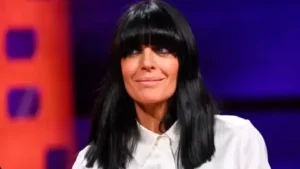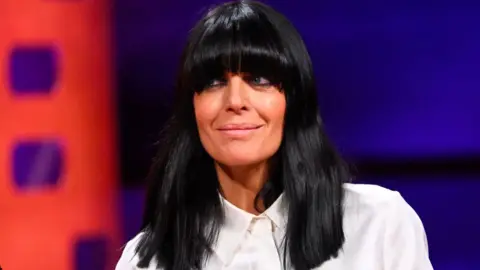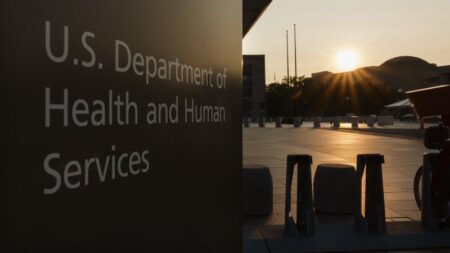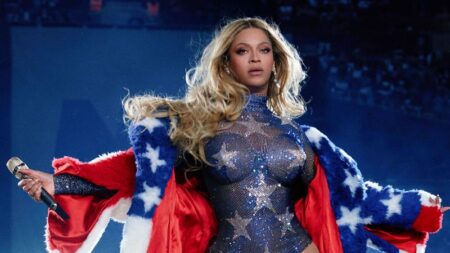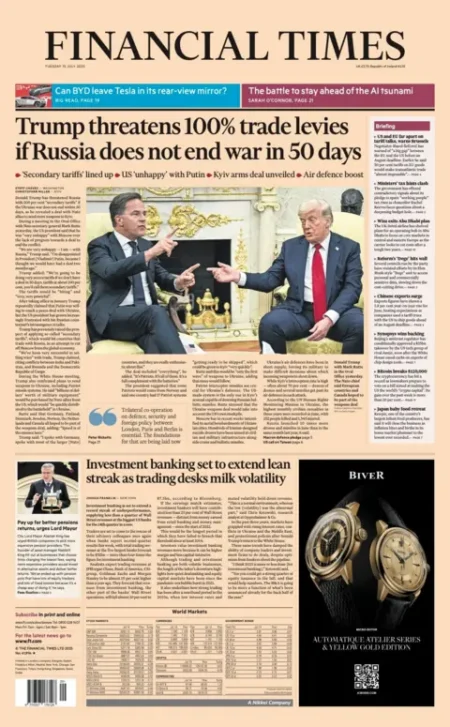The topic surrounding the BBC’s non-disclosure of various names and salaries in its annual report resonates deeply within the realm of public broadcasting. The BBC publishes an annual salaries list for employees and executives earning more than a specific threshold, currently pegged at £178,000. This practice provides a glimpse into the financial landscape of the corporation but raises questions regarding the transparency and completeness of the disclosed data.
For instance, the annual report is pivotal in highlighting big names like Gary Lineker and Zoe Ball, who have consistently been at the forefront of the salary rankings since 2020. However, both figures have now stepped down from their respective programs, signaling a potential shift in the upcoming report’s landscape. As such, new prominent figures like Scott Mills, Kelly Cates, Mark Chapman, and Gabby Logan are anticipated to take their place and feature in future salary disclosures.
Nonetheless, a significant gap persists as many celebrities retain lucrative contracts with the BBC but do not feature on the official salary list. This phenomenon stems from the BBC’s engagement policy, where many stars are not directly employed by the corporation but are instead hired through various production companies, including its own subsidiary, BBC Studios. Consequently, unless they surpass the stipulated salary threshold while directly employed, their names remain absent from the published list.
The complexity is further compounded by how BBC Studios operates as a commercial entity, vying for business against other producers and streaming services without being supported by the public license fee. This structure protects the competitive nature of the market but, in turn, obscures the true earnings of those individuals working on popular programs. For context, notable series that receive funding from external partners, such as MTV’s collaboration on “Industry” or Disney+’s contribution to “Doctor Who,” highlight that many salaries may not derive solely from the public purse.
Notably absent from the salary list are several well-known personalities. For instance, Rylan Clark, who has hosted a weekly show on Radio 2 and numerous other projects for the BBC, is among those omitted. Similarly, fellow X Factor star Stacey Solomon is not accounted for despite her role in leading shows like “Sort Your Life Out.” This omission extends to major figures such as Rob Brydon, Lee Mack, and David Mitchell, who have significant presence on BBC programs but lack inclusion on the formal salary disclosures.
Other high-profile talents also miss from the list: Paul Merton and Ian Hislop, both familiar team captains from “Have I Got News For You,” would likely appear if the list were more comprehensive, given their notoriety and influence on that program. Future voice in the panel show space remains even more complex, as quiz show hosts like Romesh Ranganathan and Richard Osman are oftentimes excluded whether they command substantial fees for their engagements on various cognitive entertainment formats.
The totality of absent names reveals a broader dimension where leading actors from hit dramas, like Lesley Manville and David Morrissey from “Sherwood,” or Mark Rylance and Damian Lewis in “Wolf Hall,” further highlight that a plethora of BBC-associated talent isn’t reflected in these salary reports.
With the increasing calls for transparency surrounding public funding and accountability in broadcasting, these discrepancies have shown the need to reassess how salary disclosures are managed. The question remains: how does the BBC ensure an equitable representation of compensation across all its talents, and when will there be a significant reform that allows the public insight into real earnings? This intricate dance between public expectation and commercial viability remains at the forefront of the ongoing discussions about BBC funding and stakeholder trust.



